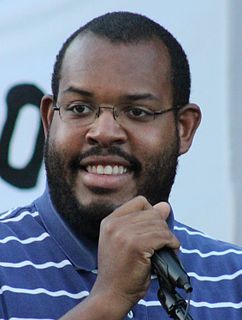A Quote by Henry A. Kissinger
Realism in foreign policy means careful consideration of all aspects pertinent to the issue, before taking a decision. This is the only way you can move from where you are to someplace else.
Related Quotes
We are apt to say that a foreign policy is successful only when the country, or at any rate the governing class, is united behind it. In reality, every line of policy is repudiated by a section, often by an influential section, of the country concerned. A foreign minister who waited until everyone agreed with him would have no foreign policy at all.
Another longstanding foreign policy flaw is the degree to which special interests dictate the way in which the "national interest" as a whole is defined and pursued.... America's important historic relationship with Israel has often led foreign policy decision-makers to defer reflexively to Israeli security assessments, and to replicate Israeli tactics, which, as the war in Lebanon last summer demonstrated, can turn out to be counter-productive.
Usually, being a volunteer organizer essentially means that I am part of a core base of individuals, that when we start a project - whether it be a big thing like the inauguration or whether it be something that's a longer-term, let's say, educational campaign about a foreign policy issue or a domestic issue - we sit together and we divvy up, and oftentimes it's relevant to different things we do.
It is always a disappointment to turn from forthright consideration of some subject - whether from the Left or the Right, a poet or a plumber - to the Beltway version, in which the only aspects of the issue that matter are the effects it will have on the fortunes of the two parties and the various men in power.































